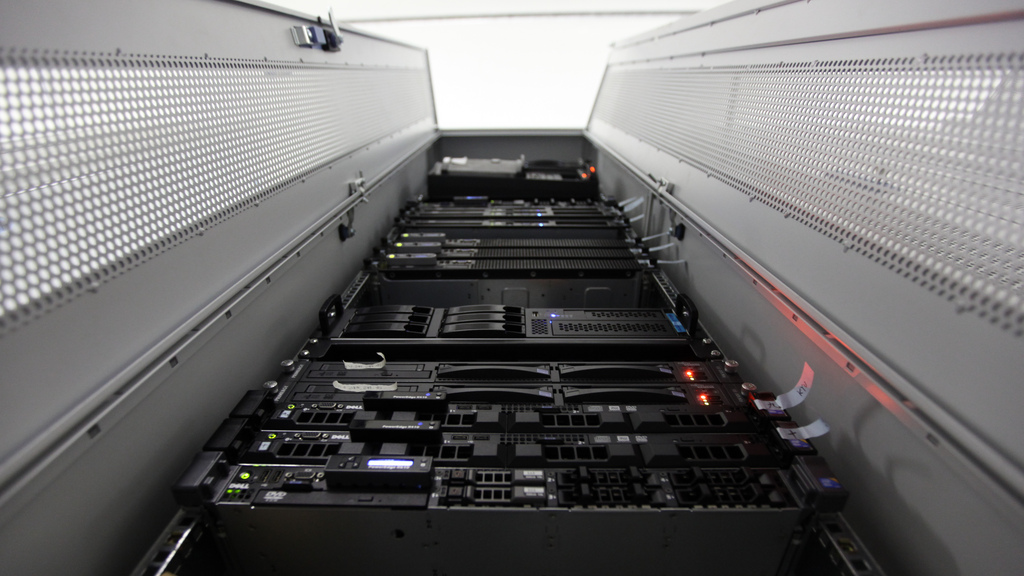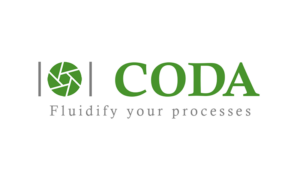For any company concerned about optimizing the way it handles calls both to and from its customers, implementing strong infrastructure is a major challenge today. Indeed, if the importance of qualified human resources to the different stages of customer relationship management is often mentioned, it’s also essential that you don’t forget how important good infrastructure is to achieving the desired results. This is especially important in the current technological environment, which is marked by rapidly changing technologies and contact solutions with customers.
Modern and coherent infrastructure guarantees performance
In a call center as GMI, human and material resources must go hand in hand. The successful completion of a mission depends as much on skill as on the equipment pooled together for its success. Call processing is no exception to this rule. Indeed, from workstations to servers, through to the network assets, the telecommunication links, and the databases, all the elements of the information system infrastructure must not only be present, but also organized in a coherent fashion.
In this context, the first requirement is the one associated with choosing modern and reliable equipment and technology that guarantees good performance to their users. Indeed, using technological infrastructure in line with the latest advances guarantees better audio quality of the calls and facilitates and reduces their processing time as well as their qualification. An operator with a state-of-the-art workstation and an ultra-high-speed internet connection can, in effect, more effectively handle calls and various customer requests than an operator using obsolete equipment with imprecise call quality.
But relying only on the latest equipment won’t guarantee optimal performance when it comes to call management. The coherent organization of the infrastructure is also essential. This involves, in particular, establishing a mapping suited to the structure of the company and its activity in order to allow effective routing of the calls and data to the various stakeholders. In the context of the organization of a Helpdesk, for example, it’s important that the infrastructure can facilitate the sending of information to the supervisors’ workstations or to the administrators for the fast and effective handling of certain requests.
The availability and security of the data
A major step in the development of the customer experience, call handling involves both the transmission/reception of calls and their qualification for creating databases and quality monitoring. To this end, the implemented infrastructure must ensure the real-time availability of data and also guarantee its security.
This involves using servers suited to the expressed needs (easily accessible and offering sufficient storage space) and allowing the different users to access the data they need to respond to the customers’ requests.
With regard to security, the challenge of good call processing infrastructure can be established on two levels. Firstly, it’s a matter of ensuring the security of the data against possible intrusions — both internal and external — by choosing proven equipment and technological solutions. Setting different internal security levels should also be considered in this context. The second aspect concerns the choice of effective relay solutions and safeguard mechanisms in case of the failure of the main solution. A loss of client data can have disastrous consequences and put the entire company in jeopardy.
In short, infrastructure is an essential element in call processing strategy. Of course, quality infrastructure is a major investment that not all companies can reasonably afford. To benefit from all the advantages of strong equipment and adequate human expertise in the field, outsourcing the call centre is therefore often the most suitable option.
That’s precisely the heart of Groupe Marketing International’s expertise. To learn more, contact us.






